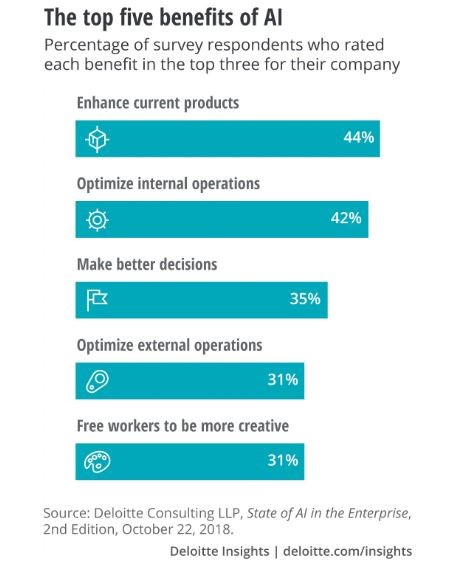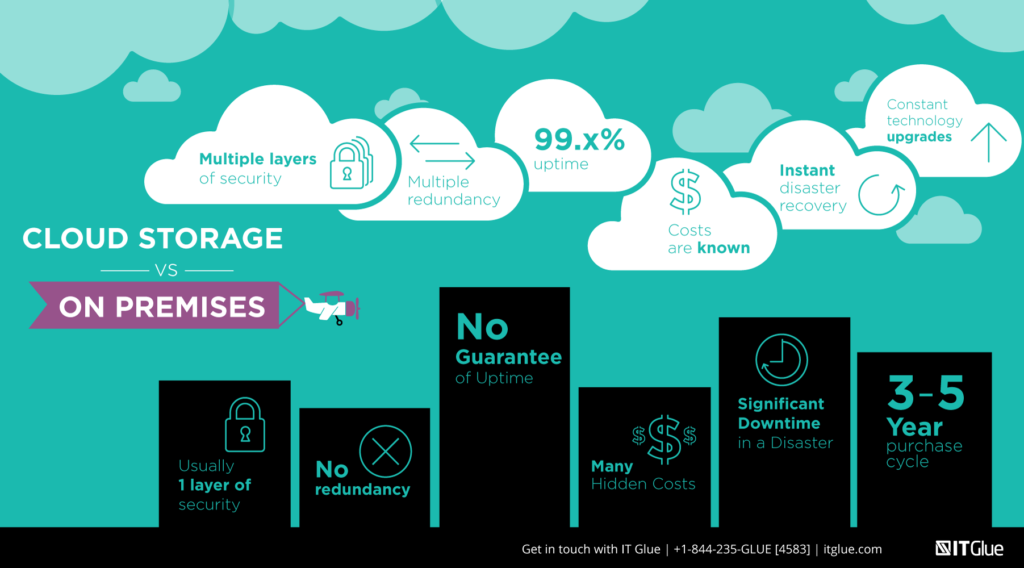- Blog
- No More Excuses: Why Doing Nothing is Not an Option When it Comes to Digital Transformation
No More Excuses: Why Doing Nothing is Not an Option When it Comes to Digital Transformation
According to a Deloitte survey, 33% of procurement leaders believe that their digital procurement strategy will give them the opportunity to deliver on their objectives and value, but 51% don’t believe they have what it takes to deliver on those objectives.
We see several organisations struggle with getting started on their journey to digital transformation. There are a variety of reasons they give for not taking the plunge, but perhaps the most surprising is the frequency we hear, “We’ve decided to not do anything at all.” But that’s no longer an option – we’re reaching a critical point where digitising procurement and finance are essential for being competitive.
So, what’s holding them back? In one word: fear. A four-letter word that can make the most driven individuals complacent. Sometimes, that complacency is harmless. But other times it inhibits progress. When your organisation starts to pose more excuses than possibilities, it’s time to evaluate what’s holding you back from digital transformation.
Digital transformation: More than technology
Digital transformation may seem like a buzzword that’s used to reflect one thing and one thing only: technology. But, there’s a lot more to it than robotic process automation, artificial intelligence, and bots. It’s a mode of thinking, not just a process replacement initiative. It’s the development of cross-departmental collaboration, not just adopting a bunch of tech. We typically define it in 3 Ps:
-
Platforms: This is the technology piece – the integrated solutions that enable you to move from a manual to a digital work environment.
-
Processes: The operational aspects of how you do business and how that will evolve as a result of digital workflows.
-
People: This is the change management effort that addresses how people will work alongside technology, talent acquisition and retention, and the uniquely human skills that will be in demand in the future.
Read on for 5 common excuses for not embracing digital transformation and reasons to push those fears aside and jump on the digital transformation bandwagon.
1. Excuse—“Robots are coming for my job.”
Robots aren’t going to steal your jobs. And actually, they’ll just make jobs a lot more strategic, intelligent, and human-focused. A large part of digital transformation is the adoption of automated processes. And with automation comes one very important thing—data. The more data you have running through your systems, the more data-backed decisions your organisation can make.
What will happen is increased visibility into 100% of your spend across all open POs and non-PO invoices, including externally generated business documents. You won’t be stuck looking into a rear-view mirror at your spend. Instead, data-based analytics will offer insights into the future of your spend. Viewing it in this way helps your organisation gauge the level of commitment and predict when the spend is expected to occur. The more documents running through the system, the more accurate these analytics become. So, the ultimate result is roles will become more strategic in nature and call for skills that are unique to human reasoning and determination.
2. Excuse: “We’ve done it this way for years.”
Some things are fine left to tradition, like family recipes. Other, like business, not so much. Digital transformation allows your organisation to see data in new ways that can be best applied to business objectives. For example, consider how you could use predictive and advanced analytics. With spend data fueling your automated system, you can get a better grip on strategic planning, identifying risks and removing information gaps, and catching duplicated purchase requests and orders before they’re processed. Using data makes work more strategic, purposeful, and cuts out the tedious task of locating mistakes.
Whether you’re a mom-and-pop business or a global entity, data should be the at the core of your strategic business decisions. Quality and quantity of data are both needed to get a competitive advantage and take your organisation to the next level.
3. Excuse: “We’ll lose our ability to collaborate.”
You’ll actually realise increased collaboration thanks to digital transformation. Increased productivity and an improved customer experience are two things that digital transformation delivers. Through the increase in automated and digitised work processes, employees can easily perform their work from any location at any given time. With real-time updates, regardless of where your employees are located, they can proceed confidently knowing their information is up-to-date, without waiting on an email chain or word-of-mouth phone call from someone on the other side of the world. Increased visibility enables departments to see the information they need to work cross-functionally to meet goals and resolve challenges.
Suppliers and internal users also benefit from the ease of use digital transformation brings to the table. Staff can easily get what they need through e-procurement technologies like guided buying. AP clerks and procurement professionals alike can take advantage artificial intelligence and natural language processing backed chatbots. These bots can handle quick search and retrieval of invoices and purchase orders (POs). And suppliers can easily check on the status of their payment and invoice through real-time updates. Imagine the time your team will save when suppliers can check statuses on their own, without calling your AP to find out. And imagine the relief and sense of ownership suppliers will feel with real-time visibility available with just a few clicks.
4. Excuse: “We’ve got all we need.”
Maybe for now… But, as your organisation expands, your needs do, too. For instance, as your company grows you might find that the type of supplier you need also changes. A business network gives you access to a variety of suppliers worldwide.

Through digital business networks spanning the globe, companies can communicate faster and send and receive invoices and process procurement transactions more efficiently. By joining a global business network, you’ll realise reduced invoice handling costs, easy connections with worldwide suppliers, and increased invoice efficiencies.
5. Excuse: “Digital poses cyber security risks.”
Because of the nature of digital transformation, compliance and internal audit departments are often the last ones to hear about it. It’s seen as a path for business growth, strengthened customer relationships, and streamlined operations. So, where all the other departments might be directly engaged with digital transformation adoption, compliance may feel a little left out. But, they shouldn’t, because digital transformation plays a huge rule in standardising compliance measures and managing risk.

Through digital transformation, communication siloes are broken down across an organisation. Spend is made more visible and thus, more transparent. And if there’s one thing compliance desires, it’s total transparency. To beat outdated invoice archiving methods like paper archiving or obsolete content management systems, invoices can be stored electronically for easy search and retrieval later on, meaning compliance will always be “audit ready.”
Ready to learn more?
If you’re ready to turn your excuses into possibilities, read more about digital trends affecting purchase to pay in our whitepaper “A Day with Data.” If you have any questions, please contact us!
Subscribe to the Basware Blog!
Related
-
By Leigh CelonesTop AP Automation Trends 2026: What Do Finance Teams Need to Prepare for Now?
-
By Olav MaasFrom Bottlenecks to Breakthroughs: Rethink PO Invoice Processing with AI
-
By Christopher BlakeHow To Fix Broken and Disconnected Invoice Processes with Invoice Lifecycle Management
-
By Jon StevensAP First, ERP Next: KION’s Smarter Path to SAP S/4HANA
-
By Jon StevensConnect the Dots Between AP and Your S/4HANA Migration
-
By Leigh CelonesFrom Chaos to Clarity: Rethink Non-PO Invoice Handling with AI
-
By Basware RepresentativeBest Defense Against AP Crime: 6 Proven Measures Webinar
-
By Martti NurminenRethinking Accounts Payable: AI, Compliance & Automation
